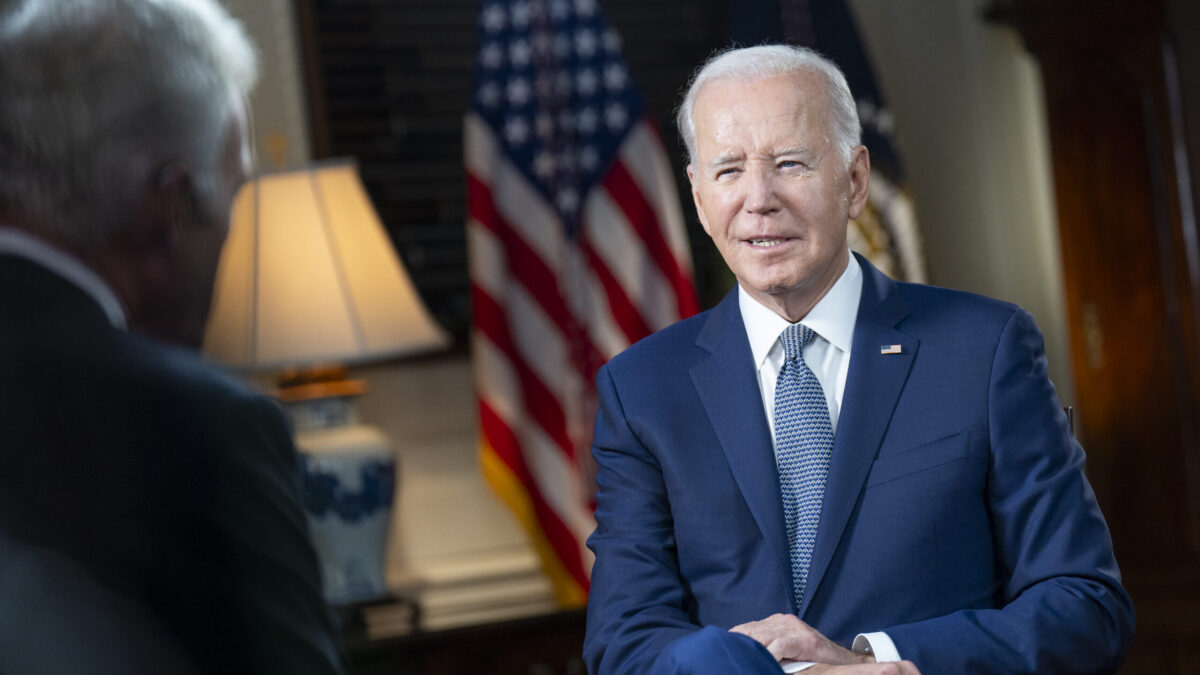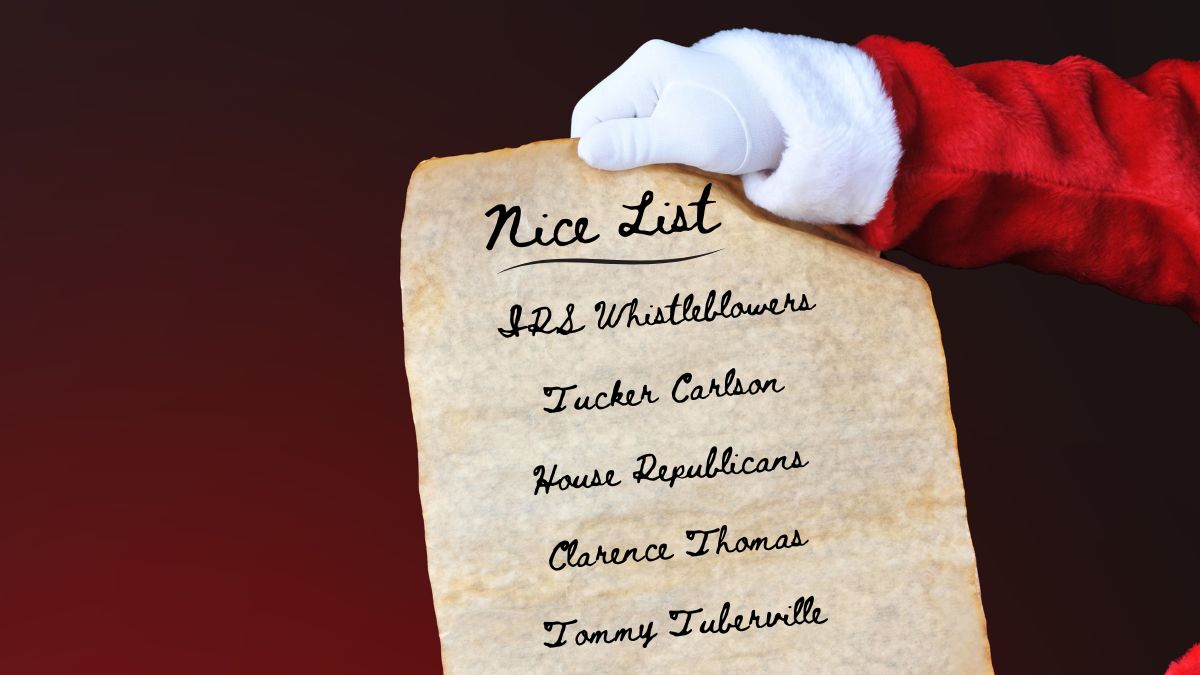
In recent weeks, it’s become apparent to me, America’s leading social and cultural critic and guardian of entertainment mores, that comedy must no longer be considered funny.
What’s the point of mocking politicians if they don’t immediately drop to their knees and beg forgiveness? How can we laugh at a monkey getting hit in the face with a pie when we know that monkey will spend the night, and all subsequent nights, in a cage?
Those of us who’ve chuckled, guffawed, or bleated at the misfortune of others have been forever implicated in a system that can no longer be sustained. Humor has become a furnace, and we’re all wearing the ashes of its victims to create the perfect smoky eye.
When Jon Stewart stood in front of a crowd of 10,000 cool kids in Washington DC in 2010 and said “Nya nya nya NAMBLA, hey lady!”—remarks that he later tearfully apologized for—he presaged a moment when humor would no longer matter and the resistance would die in the writer’s room. The days when a well-placed barb could bring down a president or a CEO had vanished. Suddenly, the joke was on us, and we wore it like a shroud.
We see this evidenced most strongly in Hannah Gadsby’s revolutionary new Netflix anti-standup special, “No No Nanette,” in which she claims that “nothing is funny anymore because I say so.” While that seems outrageous at first, she’s actually correct. Things that used to seem humorous simply lie there flat, like a dog on the deck in summertime.
Ever since Donald Trump became president, I’ve tried to laugh, but it hasn’t worked. My go-to crack-up mechanisms—“Spaceballs,” the “Night Man” episode of “It’s Always Sunny In Philadelphia,” that video from The Chive of the guy jumping into the frozen swimming pool that they play in a loop at my gym—just don’t land. Nothing makes me smile anymore. It’s never funny in Philadelphia.
Clearly, the times have become serious. We no longer live in an age of comedy. We live in an age of essays about why the age of comedy has ended. White male comedians and black male comedians have been exposed as tired, privileged serial masturbators. Their high-priced TV deals must be removed and immediately redistributed to the people in the form of affordable housing vouchers. Anything less could not only be considered unfunny, it could be considered a crime.
Whereas comedy was once the provenance of perpetual underdogs like Johnny Carson and Bob Hope, now it gets deployed by the privileged to enhance status. I, for one, have grown weary of supporting this system, even while I profit from its excesses.
We must replace this tired formula of “setup” and “punchline” with one that advances a social-justice agenda by giving voice to marginalized peoples all over the world. Everyone must have the same access to the Puffy Shirt.
The other night I watched an episode of “Rick And Morty” and thought to myself, “What are they talking about? I don’t get it.” That’s actually an aside that has nothing to do with this particular essay. But I can hardly be the only person who feels that way.
Meanwhile, though, what passes as “the comedy of uncomfortable truths” is in reality “the tragedy of comfortable lies.” We learned less about Steve Martin from his “cat juggling” routine than we did from his honest and sincere banjo playing.
When Ellen DeGeneres holds “humorous” cute-baby photo contests on her show, she’s really upholding a normative view of family life that cannot be sustained. The audience ends up complicit in this sinister laugh-lie. Like the winning baby in Ellen’s contest, we’re all wearing spaghetti on our faces. Funny is the enemy of the good, although John Mulaney gets a pass because he’s cute.
Ironically, there’s only one solution to our comedy problem: More comedy. In a serious world, only one thing can set us free. But comedy must be different moving forward. Rather than crack wise, we must all craft deeply moving personal narratives of inherited trauma and use them to passive-aggressively criticize those who came before us. That particular humor tradition goes back to Mark Twain and Dorothy Parker. Now it must re-emerge.
Laughter is the best medicine. Only comedy can heal its self-inflicted wounds.
As long as it doesn’t contain jokes.









